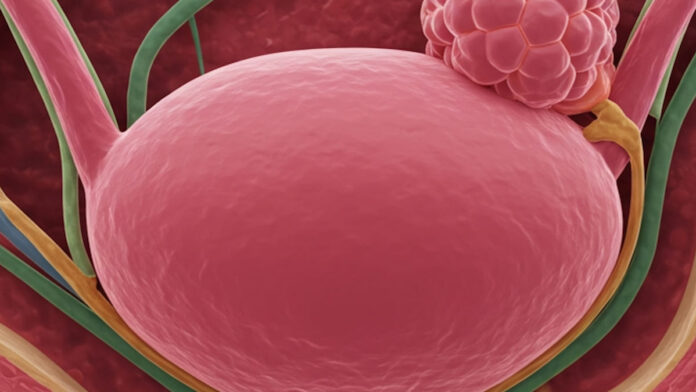Hamlet BioPharma has completed the phase II clinical trial of its drug candidate Alpha1H in patients with cancer in the urinary bladder.
The final clinical study report based on extensive analyses of clinical and laboratory data highlights the potent treatment effects. All primary and secondary endpoints of safety and efficacy were reached. The final clinical report has been completed and submitted to the FDA.
“The final clinical report’s consistent efficacy outcomes and favourable safety profile are highly encouraging. The strength of the data provides compelling evidence of Alpha1H’s potential to become a much-needed proactive treatment option, and we look forward to advancing it in our regulatory discussions. We are committed to bringing this innovative therapy to patients as quickly and safely as possible. These results mark a major milestone for Hamlet BioPharma and for people with cancer in the urinary bladder. The study was made possible through close collaboration with leading universities and medical centres, including Lund University, Sweden, Motol University Hospital, Czechia and Linnane Pharma AB, whose combined expertise ensured robust design, execution, and analysis,” said Catharina Svanborg, CEO of Hamlet BioPharma.
Efficacy was formally confirmed, as 80% of tumours responded to Alpha1H, with 59% average tumour size reduction in the high-dose group.
Alpha1H reaches tumour tissue, triggers tumour cell apoptosis, and causes rapid shedding of tumour cells into the urine.
Patients who received a second round of instillations maintained clinical benefit, showing continued tumour cell death and reduction — demonstrating the treatment’s lasting efficacy, even with repeated dosing.
Cytokine profiling shows Alpha1H activates a broad immune response overlapping with BCG, the current standard of care. However, Alpha1H triggers this response more rapidly and without lasting side effects.
Advanced RNA sequencing revealed Alpha1H downregulated more than 700 of around 800 cancer-related genes, including key oncogenes like RAS and GJA1. This provides a mechanistic explanation for its unique tumour-killing profile.
No drug-related serious adverse events occurred, even after higher or repeated dosing. Mild local side effects were comparable to placebo, and no systemic effects were observed, consistent with Alpha1H’s local mechanism of action.
The results reinforce Alpha1H as a potential breakthrough therapy for NMIBC patients. Unlike current treatments that are often given after surgery, Alpha1H is used before surgery to reduce tumour burden, potentially allowing for less invasive procedures and improved outcomes. Alpha1H achieved these effects without the toxic side effects associated with chemotherapy or systemic immunotherapy.
Alpha1H works through a unique mechanism: it enters tumour cells, causes programmed cell death (apoptosis), and activates the body’s own immune response. Alpha1H is a well-tolerated, synthetic compound with strong stability and safety – even after repeated dosing. It acts locally in the bladder, without systemic exposure, making it easier to deliver and better suited for broader clinical use.
Each year, more than 500,000 patients globally are diagnosed with NMIBC. Many do not respond to BCG or other interventions and experience relapses. With Fast Track designation from the FDA and patent protection in key markets, Alpha1H is well positioned to meet this urgent unmet need. The global NMIBC market is estimated at more than $3bn annually. If approved, Alpha1H could serve as a neoadjuvant treatment, an add-on to standard of care, or a standalone therapy – representing a strong commercial opportunity, the company said.
Hamlet BioPharma is engaged with the FDA to discuss submission requirements and timelines for a phase III study.
Jim Cornall is editor of Deeptech Digest and publisher at Ayr Coastal Media. He is an award-winning writer, editor, photographer, broadcaster, designer and author. Contact Jim here.





